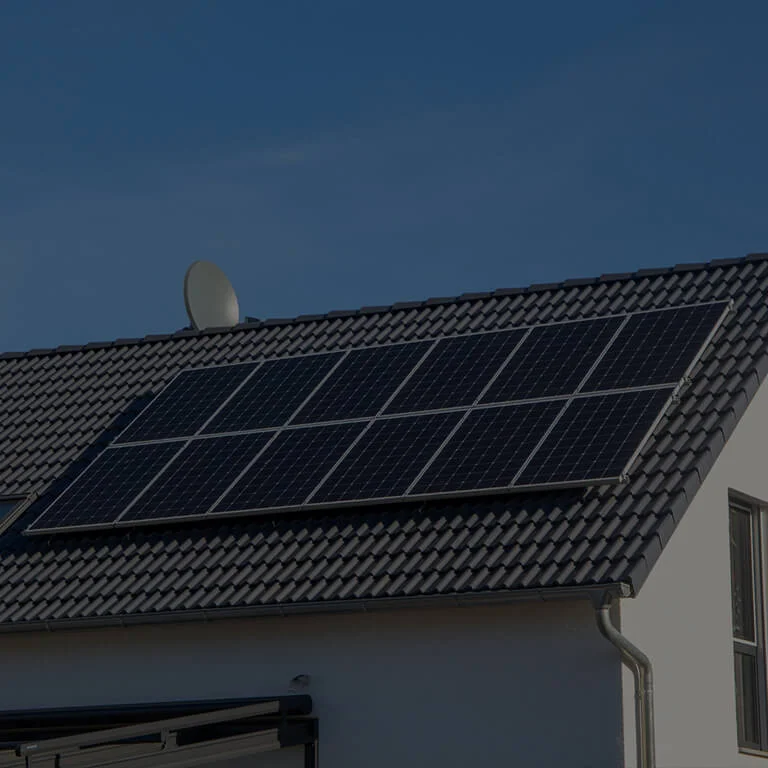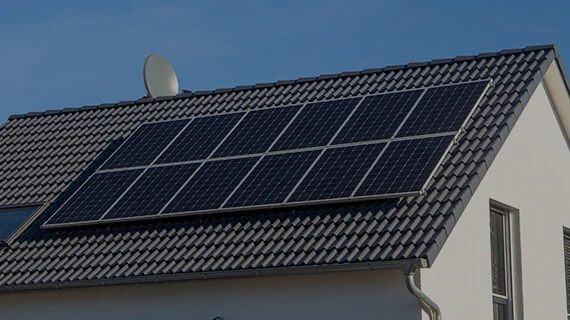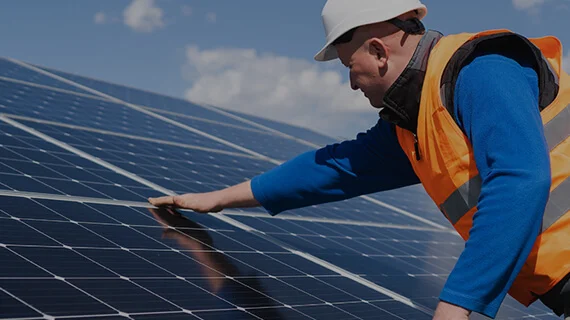The Significance of Professional Solar Panel Installations
While the benefits of solar energy are evident, the key to a successful transition lies in the quality of installation. Proper installation ensures optimal performance, longevity, and adherence to safety standards. Choosing a reliable and experienced solar panel installation service is crucial for maximizing the efficiency of your solar system. Get your solar panel quotes today!
Breaking down Solar PV
Solar Cells: Solar cells, also known as photovoltaic cells, are the building blocks of a solar PV system.
These cells are typically made of semiconductor materials, such as silicon. When sunlight hits these cells, it excites the electrons within the semiconductor material.
Generation of Electricity: The excited electrons create an electric current when they move through the semiconductor material. This flow of electrons generates direct current (DC) electricity.
Inverters: The generated DC electricity is then sent to an inverter, which converts it into alternating current (AC) electricity. AC electricity is the standard form of electricity used in homes and businesses.
Connection to the Grid or Powering Local Loads: The converted AC electricity can be used to power local electrical loads, such as appliances, lighting, and electronic devices. Excess electricity can also be fed back into the grid if the solar PV system is grid-connected.
Net Metering (Grid-Connected Systems): In grid-connected systems, excess electricity can be fed back into the electrical grid, and the owner may receive credits or compensation for the surplus energy produced. Net metering allows users to draw electricity from the grid when their energy demand exceeds the solar PV system's production.
Off-Grid Systems: In off-grid systems, where a connection to the electrical grid is not available or practical, solar PV systems are often combined with energy storage solutions, such as batteries. Batteries store excess energy generated during sunny periods for use during cloudy days or at night.
Solar PV systems come in various sizes, from small rooftop installations for individual homes to large-scale solar farms that generate electricity for entire communities. The technology has gained popularity due to its environmentally friendly nature, as solar energy is a renewable resource with minimal environmental impact compared to traditional fossil fuels. Additionally, advancements in solar PV technology continue to improve efficiency and reduce costs, making solar energy an increasingly viable and accessible source of electricity worldwide.
Solar Panel Costs in UK
The table below provides a snapshot of the costs involved in installing solar panels in a residential setting in the UK, highlighting the average expenditure by system size. Additional costs may apply based on specific home architecture and desired system features. To get actual pricing tailored to your home's specific needs, simply fill in the form below.
System Size (kW) |
Suitability |
Cost Range |
Cost per Watt |
1 kW |
Suitable for smaller households |
£1,500 - £3,000 |
£1.50 - £3.00 |
2 kW |
Ideal for a family of two |
£3,000 - £5,000 |
£1.50 - £2.50 |
3 kW |
Good for a medium sized family |
£4,000 - £6,000 |
£1.33 - £2.00 |
4 kW |
Best for larger families |
£6,000 - £8,000 |
£1.50 - £2.00 |
Get your quotes






